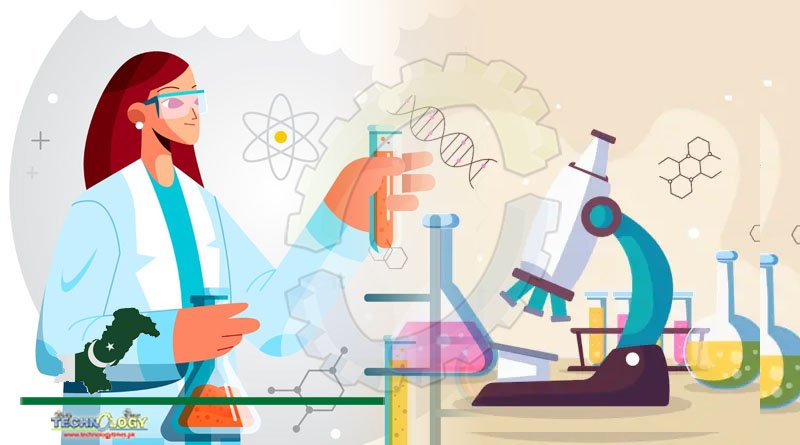World Science Day for Peace and Development was celebrated across the globe on Thursday to highlight the indispensable role of science in society.

World Science Day for Peace and Development was celebrated across the globe on Thursday to highlight the indispensable role of science in society.
The day underlines the need to engage the wider public in debates on emerging and crucial contemporary issues relevant to science. This year, the theme of the day was “Basic Sciences for Sustainable Development”.
The United Nations General Assembly on December 2, 2021, while endorsing the proposal for an International Year of Basic Sciences for Sustainable Development, affirmed the applications of basics sciences as vital for advancements in various sectors including medicine, industry, agriculture, water resources, energy planning, environment, communications, and culture, said a press release issued by UNESCO.
UNESCO Islamabad in collaboration with the Organization of Islamic Cooperation Standing Committee on Scientific and Technological Cooperation (COMSTECH), the Pakistan Science Foundation (PSF), the Commission on Science and Technology for Sustainable Development in the South (COMSATS), the Economic Cooperation Organization Science Foundation (ECOSF), and the Pakistan academy of Sciences (PAS), will organise an event in connection to the World Science Day, at the COMSTECH Secretariat, Islamabad on November 16, 2022.
During the event, experts will cover the areas of basic sciences like the role of Physics, Chemistry, Biology and Mathematics in daily lives and sustainable development. Participants will include representatives of several embassies and high commissions, government officials, scientists, students, teachers, researchers, science communicators and science journalists.
“We need more basic science to achieve The 2030 Agenda and its 17 Sustainable Development Goals“, the United Nations General Assembly noted in December 2021.
The share of domestic research expenditure devoted to basic sciences varies widely from one country to another. According to data from the UNESCO Science Report 2021 for 86 countries, some devote less than 10% of their research expenditure to basic sciences while others more than 30%.
Having a capacity in basic sciences is in the interests of both developed and developing countries, given the potential for applications to foster sustainable development and raise standards of living.
Pakistan has been ranked 87th in the 2022 Global Innovation Index – published by the World Intellectual Property Organization- an annual ranking of countries by their potential and success in innovation. It has jumped to 12 posts higher from being 99th in the 2021 GII rankings, reflecting its commitment to bringing improvements via modern means.
Science is the backbone of today’s evolving world and a lifeline for the development of economies worldwide. Within a few decades, it has expanded in almost all spheres of life and has had a far-reaching impact from everyday tasks to endeavours to space. It has brought undeniable and substantial improvement in a variety of fields including better diagnosis and treatment for an active and healthier life, climate action, sports, quality education etc.
Science not only provides different perspectives on various matters but also helps in tackling challenges through innovative approaches.
It has made lives easier and tasks more fun, besides guaranteeing access to information in a matter of seconds and few clicks, besides how humans interact with the world and different possibilities.
Science is one of the essential drivers for solutions to modern-day challenges and a key to unlocking great mysteries of the universe.
Originally published at Urdu Point
